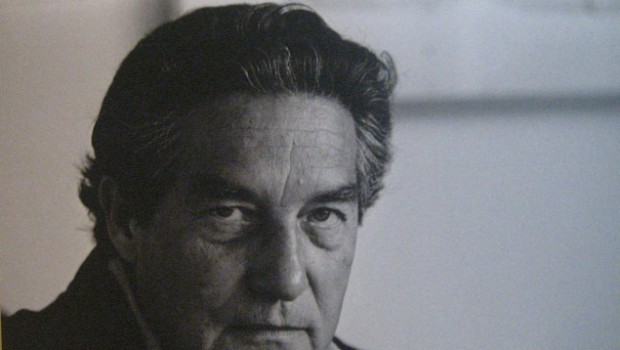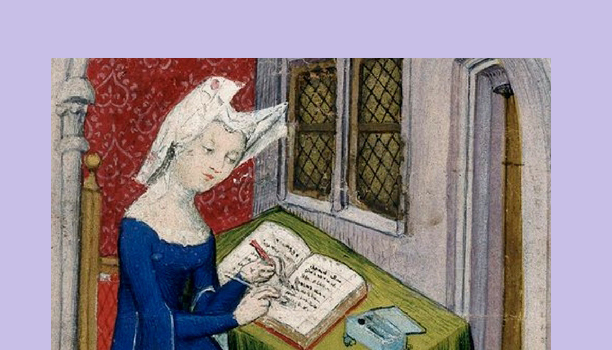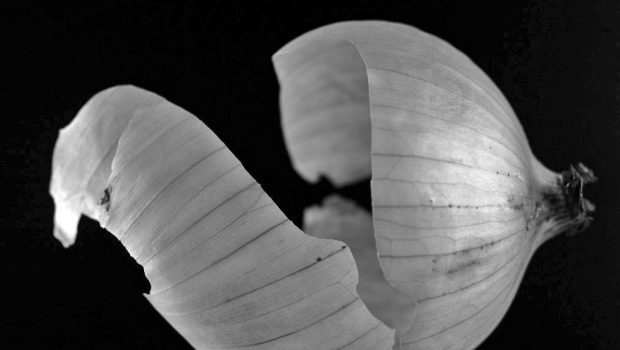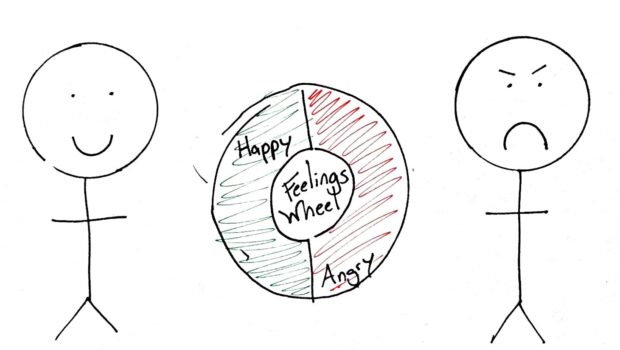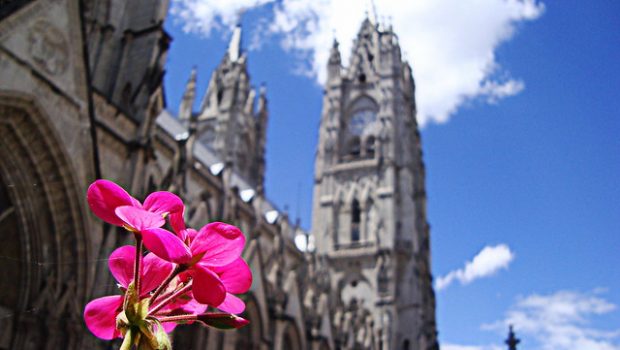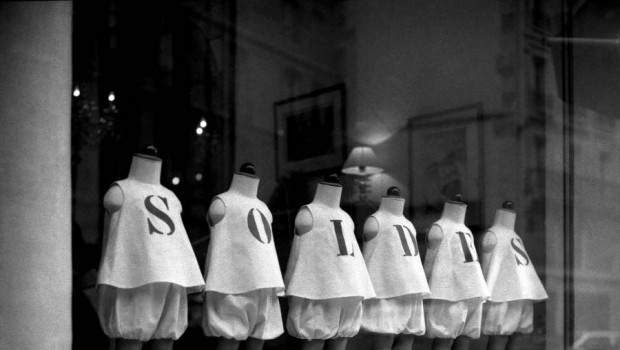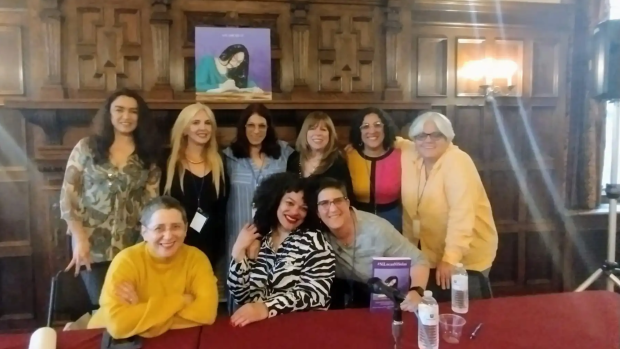Toward a Philosophy of the Present
Yvon Grenier
In his Nobel lecture, entitled “In Search of the Present,” Octavio Paz challenges us to find a new “philosophy of the present,” essentially by rediscovering some of the great intellectual and creative resources at our disposal.
The steps and building blocks he recommends sound somewhat familiar: reconciling liberté, égalité, fraternité; transcending liberalism and socialism; bringing together poetry and history, philosophy and culture. The goal is clearly to find a “new” philosophy, one that would engender a reconciliation between ourselves and others, the present and the past.
Paz does not offer a systematic enunciation of this new philosophy. He embraces a romantic point of view according to which to systematize is to build cárceles de conceptos. His responsibility, as a poet, is to point in the right direction and hopefully to provide some “seeds” for a rewarding reflection on the “present time.”
Here are some of the “seeds” he had in mind.
Time
Paz rejected the dangerous illusion of linear time. For him the “originality” of a new philosophy will owe much to a proper understanding of our “origins.” In his view:
What we need to build now is not only an aesthetics and poetics of the convergent moment, but an ethics and a politics that follow from this perception of time and reality. In such a new civilization, the present would not be sacrificed for the future or for eternity. Nor would the present be lived, as consumer societies do, in the denial of death. Rather, we would live in the full freedom of our diversity and sensuality in the certain knowledge of death. This ethical foundation of the new civilization would extol this freedom and creativity without illusion; it would seek to preserve the plurality of the present–the plurality of different times and the presence of the ‘other.’ Its politics would be a dialogue of cultures.
Paz advocates a new “philosophy of the present” based on the kind of a-historical foundation that art, and in particular poetry, can offer. Neither pre-modern (philosophy of the past) nor essentially modern (philosophy of the future), the typical philosophy of the present is one that seeks reconciliation between what our culture has framed as opposites: I and you, tradition and modernity, reason and nature, life and death, being and nothingness, subject and object, poetry and reason, center and periphery.
In a way we are already living the philosophy of the present, for both the past and the future are “an invention of the present.” (This calls to mind a passage from A Portrait of the Artist as a Young Man: “Then she remembers the time of her childhood and mine, if I was ever a child. The past is consumed in the present and the present is living only because it brings forth the future.”) The innovation would be to fully recognize this, and to draw lessons from this recognition.
In Paz’s essays on poetry, arts, philosophy, politics and history, one finds a relentless call for a vuelta a los orígenes. All the positive comments that Paz makes on any of these subjects focus on this vuelta. Not surprisingly, the current crisis in Western culture, epitomized by the death of modern art understood as a central participant of the tradición de ruptura, manifests itself by inviting “the revolt of the suppressed realities”:
We are living through a change of times: not a revolution but, in the long-standing and profoundest sense of the word, a revolt–a return to the origin, to the beginning. We are witnessing not the end of history, as a certain professor in the United States has claimed, but a re-beginning. The resurrection of buried realities, the reappearance of what was forgotten and repressed, which can lead, as it has at other times in history, to regeneration. Returns to the origin are almost always revolts: renovations, renaissances (Paz, 1990: 145–my emphasis).
We are left to imagine what these buried realities are.
The Zapatista Uprising
To be sure, they cannot be reduced, for instance, to the concern of what is now called “identity politics”—clearly a form of neo-romantic response to the flattening power of state and capital. Or to any specific avatar of modernity taken separately.
What Paz exposed without exactly identifying it is a hovering malaise that has clouded not only modernity but also human societies since their “origin.” This is why, in The Bow and the Lyre, he calls for a new beginning:
Since Parmenides our world has been one of neat and sharp distinctions between what is and what isn’t. The being is not the no-being. This first uprootedness—because it was a pulling out of the being from the original chaos—constitutes the foundation of our mode of thought. An edifice of ‘clear and distinct ideas’ was built upon this conception, one that has made the history of the West possible but also, one that rendered virtually illegal any attempt to embed the human being upon any other principles. […] Whatever its future will be, what is certain is that from this perspective the history of the West can be seen as the history of a mistake, of going astray, in its double meaning: we have been moving away from ourselves when we lost ourselves in the world. We ought to start all over again.
Fraternity
In the key notion of fraternity, Paz typically selected a value that is at the very root of our civilization, one that has been buried by humanity’s obsession with either an immobile and rigid past, or a quest for endless material improvements in the future.
For Paz, the third element of the great triad of the French revolution is lamentably “the great absent in democratic capitalist societies. Fraternity is the value that we need, the crux of a better society. Our obligation is to rediscover and exercise it.” As he explains:
[…] the central word of the triad is fraternity. The other two are intermeshed with it. Liberty can exist without equality, and equality without liberty. Liberty, in isolation, makes inequalities more profound and provokes tyrannies; equality oppresses liberty and in the end destroys it. But fraternity is the nexus that connects them, the virtue that humanizes and harmonizes them. Its other name is solidarity, a living heritage of Christianity, a modern version of the venerable word charity. Only fraternity can dispel the circular nightmare of the market. Please note that I am not imagining or predicting this line of thought: it is the heir of the dual tradition of modernity–the liberal/socialist tradition. I do not believe it should be repeated; it should be transcended. That would be a real renewal (Paz, 1990: 148-49–my emphasis).
Between liberty and fraternity, according to him, “there is no contradiction, only a distance–one that liberalism has been unable to do away with” (Paz, 1990:69, my emphasis). Nor does he find any contradiction between fraternity and equality, which is obvious enough, but with the following proviso: the modern ideology that made equality its central value–socialism–must be pruned of both its unparalleled cult of progress and its authoritarian disposition. As Paz states clearly in Children of the Mire: “it is not a renunciation of socialism as ethical and political free choice, but of the idea of socialism as a necessary product of the historical process.” Paz consistently defended this view for the rest of his life.
The reconciliation of socialism and liberalism is far from being a novel objective: from John Stuart Mill to the reform liberals and the advocates of the welfare state, not to mention the misadventures of various “third ways,” the reconciliation of liberty and equality has been the central theme of almost all advocates of reform in the past two centuries. What is perhaps more original is the intuition–not yet an idea, let alone an ideology–that beyond, or underneath, the political institutions of democracy, it is still possible to find an idea of human beings (as opposed to a “conception of the world”) that will transcend historical boundaries; that is, the type of archetypal idea that preceded religion (mere rationalization of that original idea) and that has survived in the arts throughout the ages. One can call it a universal humanism, though without a clear assocation with a precise normative or political agenda (beyond the vague reference to the perennially good in liberalism and socialism). Paz does not tell us what exactly is to be found there, only that poetry will help us find it and that it will be something fundamental for the understanding of the human experience.
Poetry
In his Nobel lecture Paz states: “just as we have had philosophies of the past and of the future, of eternity and of the void, tomorrow we shall have a philosophy of the present. The poetic experience could be one of its foundations.”
Poetry is the other voice, the possibility of re-creating the “original instant,” the moment before it was separated “by an act of rational violence” from ideas and reason. The poetic revelation is “revolutionary,” following André Breton, but not in the sense of an overarching utopian project that purports to reorganize society. This form of revolution is obsolete. It is revolutionary because it is permanently critical of the social and political foundations—myths, religions, ideologies—of any society, as well as critical of itself.
Nevertheless, poetry has its limitations. To begin with, it is made of words, and language is ultimately unsuccessful in its attempt to bridge the gap between the human being and the external world. Language is a compromise, a sort of original sin that is partaken of by all poets and artists. It enshrines both the possible and the impossible of the human condition.
Secondly, it is not entirely clear how the poetic revelation can work its way to inspiring workable philosophical or political positions. In La otra voz, Paz says the following:
I argued, before, that if a new form of political thought were to emerge, the influence of poetry would be indirect: reminding us of certain buried realities, restoring them to life, presenting them. And confronted with the question of the survival of the human species on a poisoned and devastated planet, poetry can respond in no other way. Its influence must be indirect: intimating, suggesting, inspiring. Not logically demonstrating but showing.
This modest proposal is telling of the possible gap between “philosophy” and “political thought”: poetic revelation can be used “directly” as material for a new philosophy, but only “indirectly” for the formulation of political thought. Arguably, for Paz this indicated the primacy of thought and the long term (or the eternal) over action and the historically contingent. But what is to be done now, in the present time? Paz would say: foster liberty, equality and fraternity, protect the environment, and so on, but as far as the “new philosophy” is concerned, what we are left with is some powerful ingredients and a pressing invitation.
Posted: April 7, 2012 at 8:54 pm


